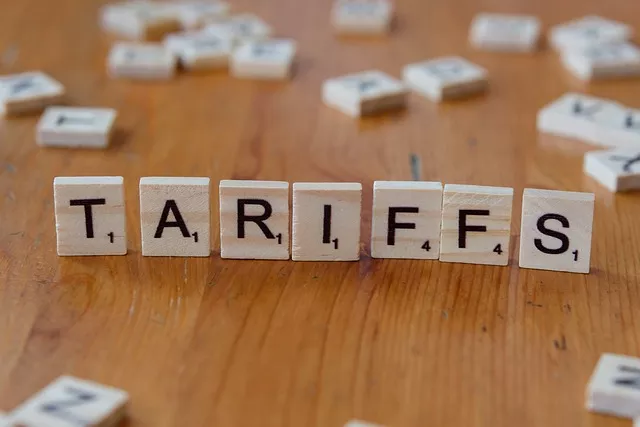Economics For Everyone - Tariffs And Trade

Image by Markus Winkler from Pixabay
US President Trump signed an executive order on January 20, 2025, instructing the administration to develop reports on trade practices and tariff recommendations due by April 1, 2025. Since then, several new tariffs and tariff investigations have been initiated and imposed. President Trump signed a presidential memorandum on February 13, 2025, to develop a plan for increasing US tariffs in response to other countries' tariffs, tax policies, and other policies, including exchange rates and unfair practices. The recommendations are due April 1, 2025, and the president has indicated they will begin taking effect on April 2. The reciprocal tariffs are applied to imports from nearly every US trading partner. The US President has announced this series of tariffs, arguing they will boost American manufacturing and protect jobs. Mr. Trump says tariffs will encourage US consumers to buy more American-made goods, increase the amount of tax raised, and lead to huge levels of investment.
Reciprocal tariffs are essentially a "tit-for-tat" approach in international trade, where one country imposes tariffs on imports from another country in response to that country imposing similar tariffs on its exports. The goal is to create a level playing field, ensuring that no country gains an unfair advantage by imposing higher tariffs. Reciprocal tariffs are basically when one country puts a tax on another country's products in response to that country doing the same to its products. For example, if Country A charges a 10% tax on Country B's steel, Country B might do the same to Country A.
Now let us understand what do we mean by Tariffs. Tariffs are a type of trade barrier that makes imported products more expensive than domestic ones. Tariffs typically come in the form of taxes or duties levied on importers, and they're eventually passed on to consumers. They're commonly used in international trade as a protectionist measure.
Some of the Key reasons Tariffs are used are
- Protecting Domestic Employment
- Protecting Consumers
- Protecting Infant and Domestic Industries
- National Security
Economists generally debate on the need and impact of Tariffs. Economists who favour the Free Market System believe that free trade increases the level of economic output and income, while conversely, trade barriers reduce economic output and income.
One possibility is that a tariff may be passed on to producers and consumers in the form of higher prices. Tariffs can raise the cost of parts and materials, which would raise the price of goods using those inputs and reduce private sector output. This would result in lower incomes for both owners of capital and workers.
Thus, according to Economists, some of the Merits and Demerits of Tariffs imposed recently by the US are
Merits
- Protecting American industries
- Increasing federal revenue
- Encouraging domestic manufacturing
Demerits
- Higher consumer prices
- Global economic slowdown
- Inflation and interest rate concerns
- Supply chain disruption
- Retaliatory trade wars (which can be observed now as other Nations have decided to raise their Tariffs). This will also result in the "beggar-thy-neighbour" policy.
A "beggar-thy-neighbour" policy is an economic strategy where a country improves its economic situation at the expense of other countries. It involves protectionist measures like tariffs, quotas, currency devaluation, or subsidies, designed to benefit domestic industries but often leading to retaliatory actions and global economic instability.
The US President also said recently that his tariff policy is focused on bolstering domestic production of military and technology equipment, rather than consumer goods like sneakers and T-shirts. Time only will tell whether Mr. Trump's tariffs result in Tanks or T-shirts.
More By This Author:
Economics For Everyone – Sustainability Through Circular EconomyEconomics For Everyone - Managing Through Monetary Policy - US And India
Economics For Everyone: 70 Hours Of Work - Labour Vs Leisure
Disclosure: None



